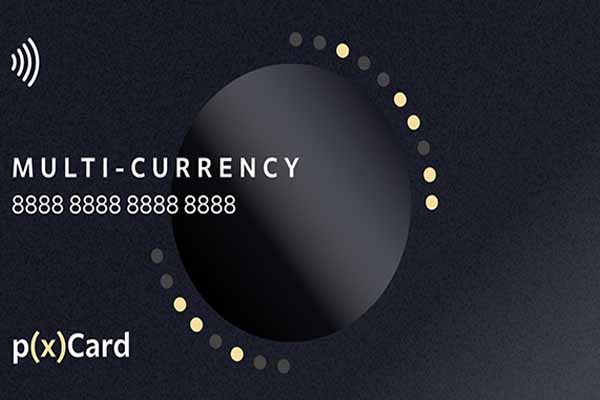Technical expert suggests the use of blockchain technology for upcoming PH elections

An advantage? The block or vote cannot be changed or removed because everyone in the network would see if someone tried to tamper with the vote.
MANILA, Philippines – On the first day of a historic election summit for the Commission on Elections (Comelec), a company floated the idea of adopting blockchain technology in future elections in the Philippines.
Paul Soliman, CEO of BayaniChain, said on Wednesday, March 8 that blockchain technology will be of great help in improving the transparency and security of electoral processes in the country.
Blockchain technology is widely used in cryptocurrency systems, and is an electronic record-keeping system that relies on the participants or nodes of the network to authenticate, manage and log all operations within a platform.
In the context of an electronic voting system, each block in the blockchain represents one vote and has a special code on it that shows who the vote is for. When someone casts a vote, his or her vote block is added to the blockchain and linked to each other.
Once added, the block or vote cannot be changed or removed because anyone on the network will be able to see if someone tried to tamper with the vote.
This contrasts with the current automated election system in the country, which uses a centralized network of the Comelec that manages and monitors the transfer of votes from the barangay level to the national level.
“In blockchain technology, the data will not be transferred, but replicated. If there is a change in the blockchain during replication, the system will already flag it,” explained Soliman.
Using the technology that Soliman proposes, blockchain technology option transactions can now be done through the approval of on-chain network participants, enabling more efficient processing.
“There is no data transmission in the network and it will reduce the cost of conducting an election,” the technology expert added.
Asked about the security and suitability of using blockchain technology, Soliman said the new technology creates an immutable record of all votes cast, making it difficult for anyone to recreate the election results.
“While blockchain is not a silver bullet for solving electoral challenges, it offers a promising approach to improve transparency, security and trust in the electoral process,” Soliman said.
With blockchain technology seen as a promising tool to make the process transparent and efficient, and providing important security features for the electoral process, some countries such as the US, South Korea and Greenland are exploring its possible application implementation in their electoral processes.
In a press conference, Comelec Chairman George Garcia said he is open to the possibility of using blockchain technology for the upcoming elections, but it is still up to the public to decide whether to adopt this technology.
“Even if we use the most advanced technology, but the public doesn’t understand it, they will just be afraid to vote and the process will be called into question. If that is the case, why should we implement it (blockchain)?” Garcia said in Filipino.
He added that the electoral body will consistently emphasize the integrity, credibility and transparency of the electoral process.
The National Electoral Summit is a three-day summit organized by the Comelec with its civil society partner organizations to gather recommendations from various electoral stakeholders regarding election administration, enforcement and adjudication.
President Ferdinand Marcos Jr. and Vice President Sara Duterte are expected to grace the summit of the summit on March 9 and 10. – Rappler.com























